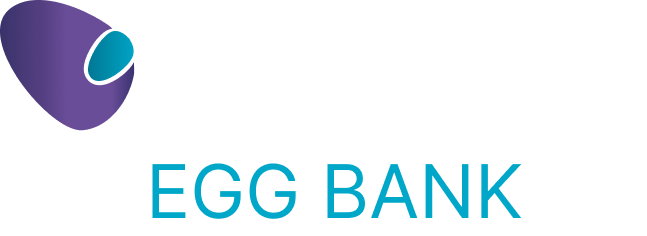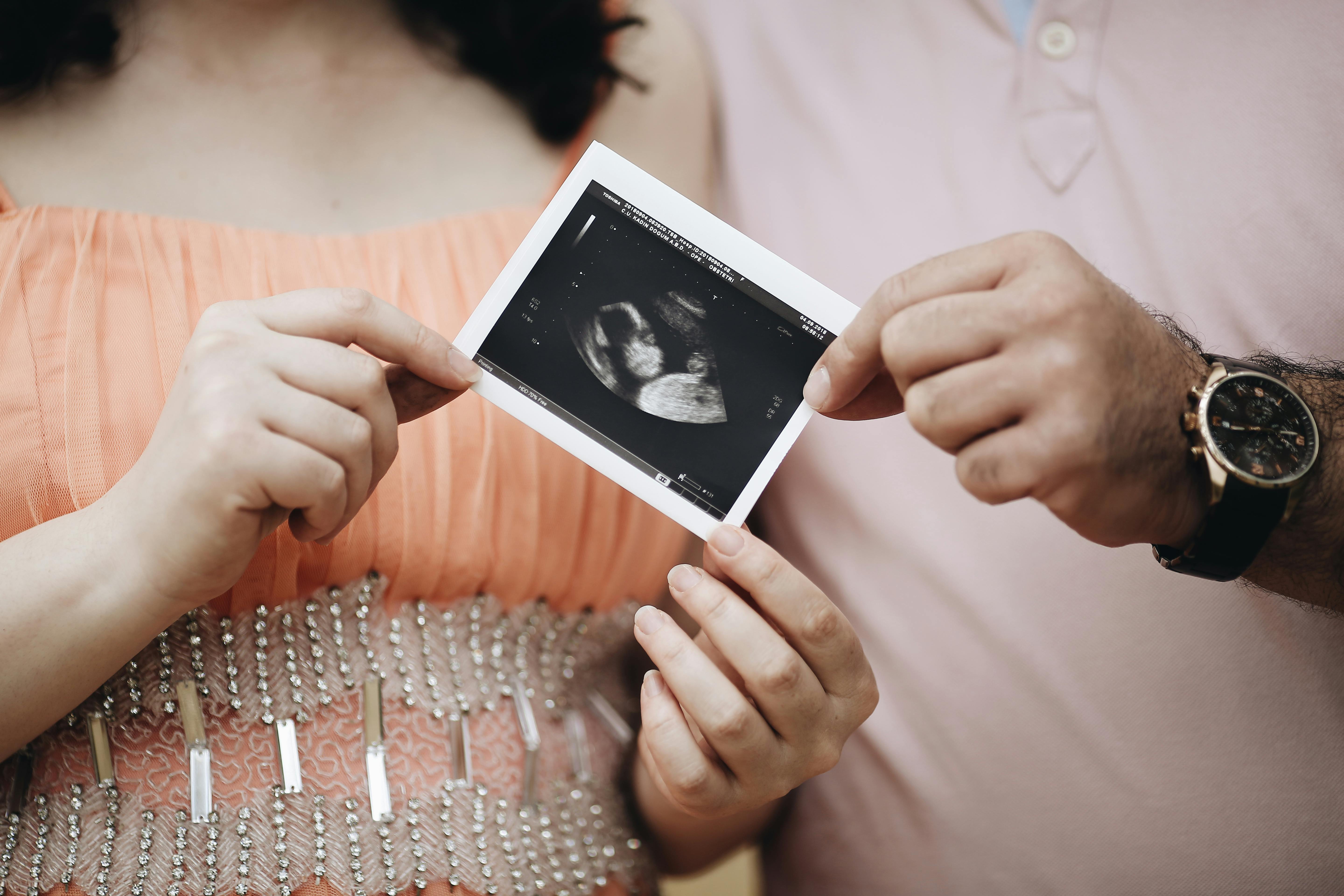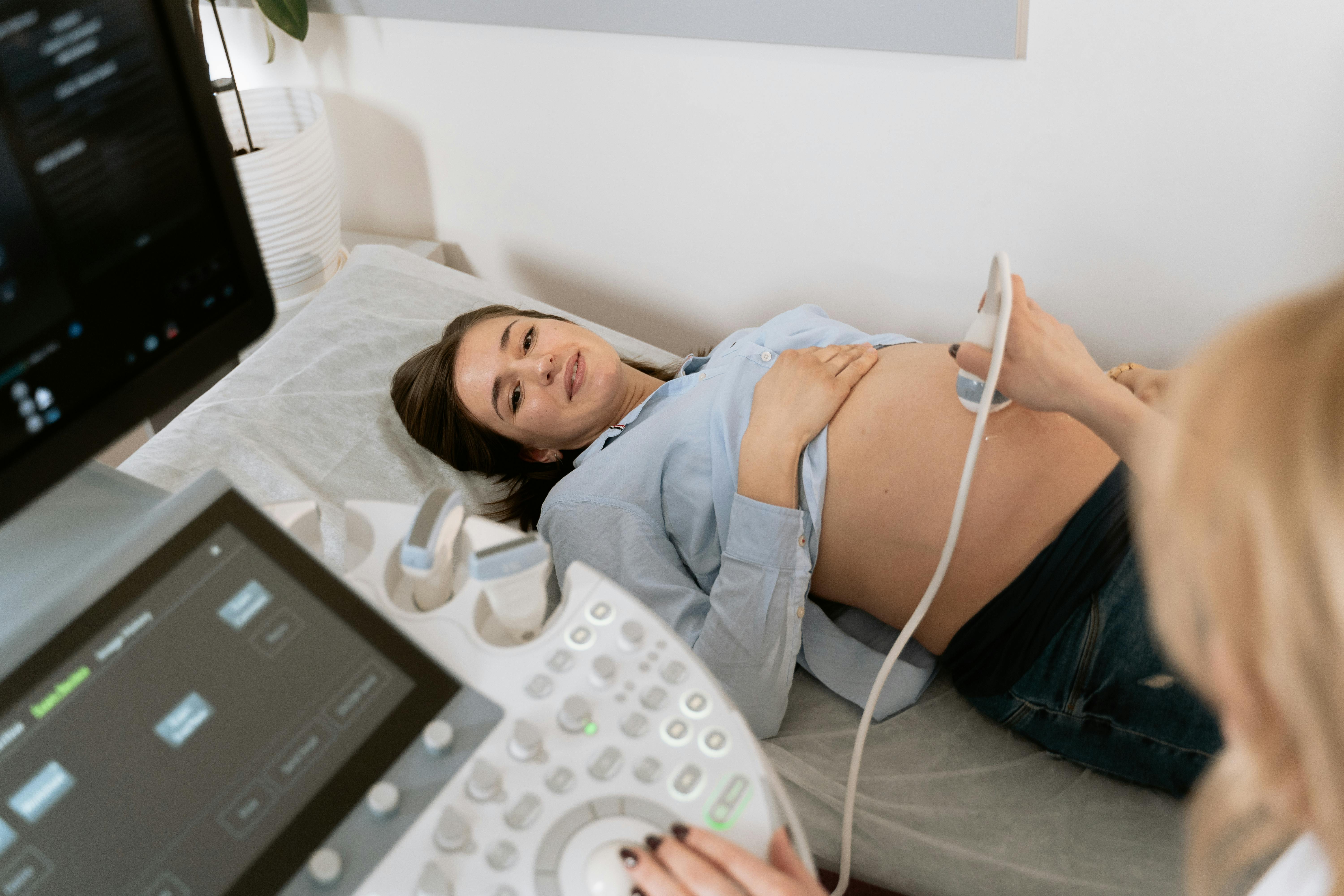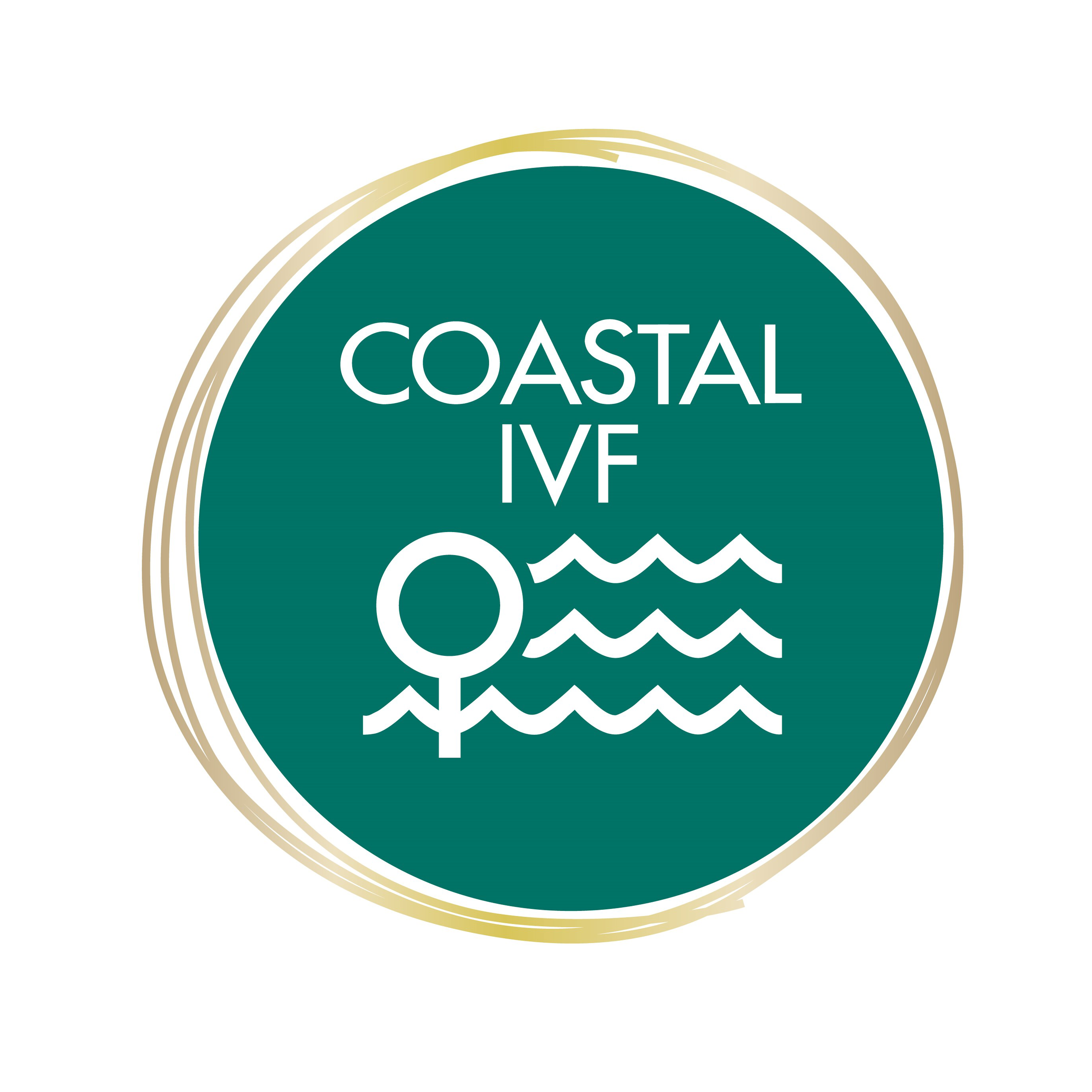Many prospective egg donation recepients wonder whether a baby born from a donor egg will have genes from the birth mother. A 2015 study from Spain delivered exciting news for women who require egg donation – babies from donated oocytes will inherit some of the birth mother’s DNA. This was the first time such an interaction between the womb and the embryo had been observed. The scientists’ next aim is to determine the exact effect the mothers’ DNA fragments have on babies’ development.
Effect of Conditions in the Womb
It has long been established that environmental conditions in the womb the foetus where develops in can affect his or her health (for example, babies with low birth weight are at an increased risk of developing heart disease and type-2 diabetes later on in life). The Spanish study found that implanted embryos absorb nurturing fluid from the uterus, which contains the birth mother’s DNA information. That means that despite the fact that the children they’re carrying had been created from a donor’s oocytes, they can influence their children’s genes.
This process takes place during the so-called “implantation window” – a short period that occurs approximately 20-23 days following the previous menstrual period (roughly a week after the luteinizing hormone reaches peak levels) and lasts for about 4 days. It is considered to be the optimal time for performing an embryo transfer.

















